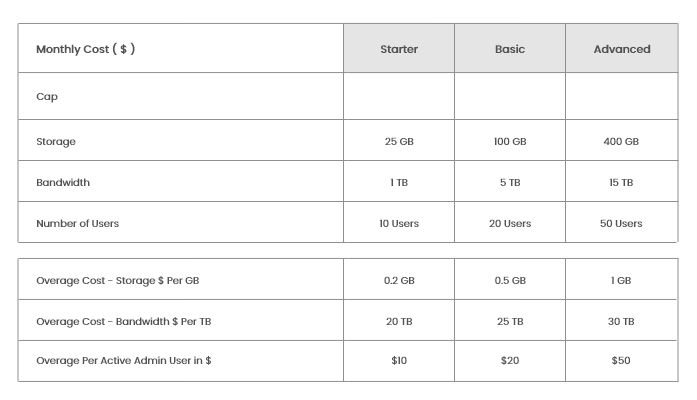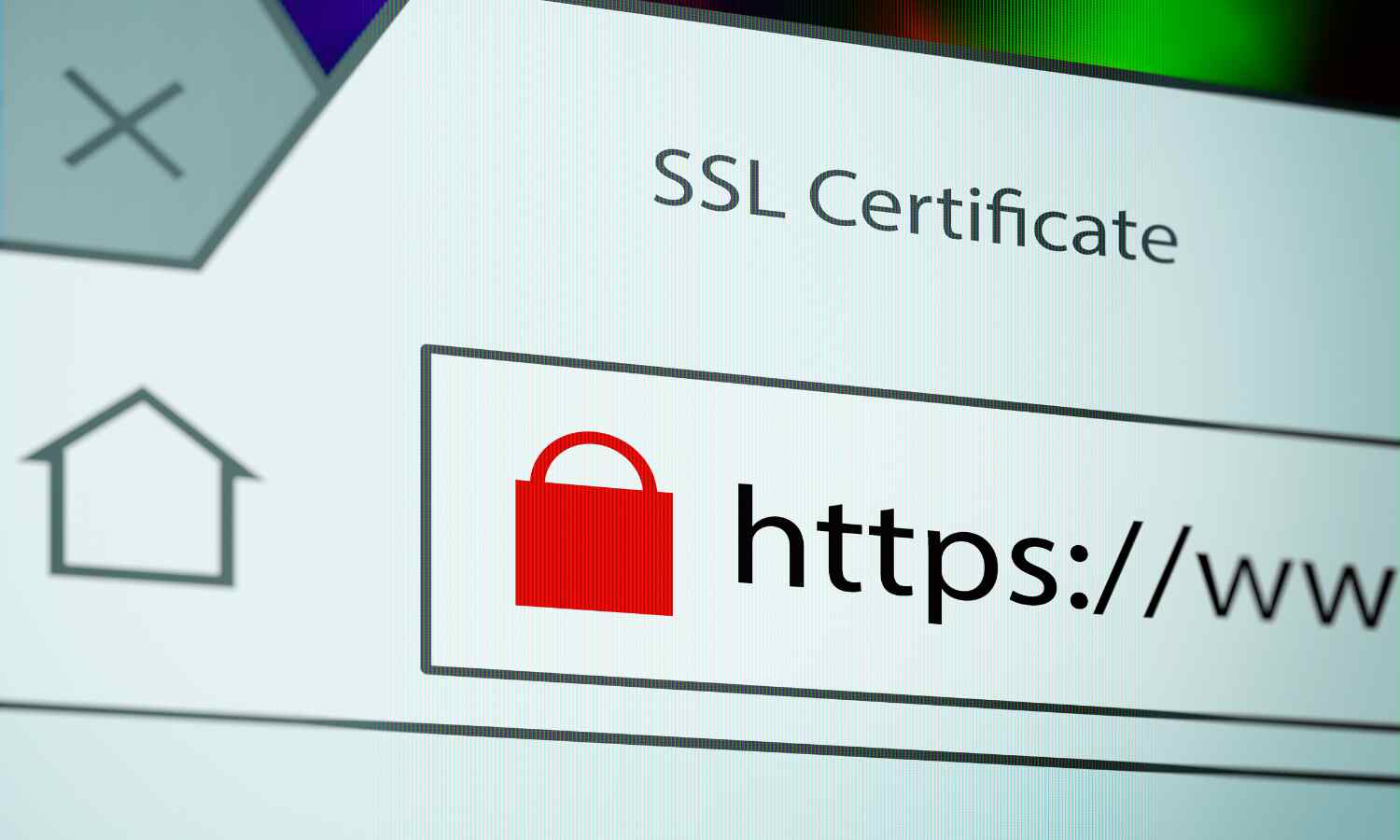



SEO and SSL: Can SSL Improve Google Rankings?
If your website displays the HTTPS symbol, the information entered by the user is encrypted and secure...
If you own a website or want to start one, you've probably heard of terms like HTTPS and SSL.
But what exactly do they mean?
What, most importantly, do they imply for your website?
In this article, We'll explain what HTTPS and SSL are, how they contribute to the security of your website, and why they're important for SEO and improving your Google rankings.
Let's get this started right away.
HTTP versus HTTPS
You may have noticed that some websites begin with HTTP while others begin with HTTPS when you visit them online.
So, did this 's' appear out of nowhere? What does it all mean?
In this digital age, where cyber threats are unavoidable, the ‘s’ in HTTPS stands for website security. If your website displays the HTTPS symbol, the information entered by the user is encrypted and secure.
Most importantly, the ‘s’ we're discussing refers to a technology known as SSL.
What exactly is SSL?
SSL, or Secure Sockets Layer, adds an extra layer of security to your website by encrypting it from end to end and protecting your data from prying eyes all over the internet.
SSL-encrypted sites display a padlock icon in the address bar.
HTTPS is available to websites that have an SSL certificate.
The following information is contained in an SSL certificate.
- The name of the domain for which the certificate is issued
- The person, business, or device to whom the certificate was issued The certificate authority that issued the certificate
- The certificate authority's digital signature
- Subdomains that are related
- The certificate's issuance date
- The certificate's expiration date
- The open key (the private key is kept confidential)
SSL's public and private keys are typically long strings of characters that are used to encrypt data. Only the private key can decrypt data encrypted with the public key.
How Does SSL Function?
Assume you go to an e-commerce website to buy products. After you have added the necessary items, the website will direct you to the checkout page, where you must enter your personal information, such as your address, credit or debit card information, UPI information, and more.
But what if the website is compromised? That means that all of the data on the website (including sensitive information) is at risk.
Without a doubt, this is a serious security risk. Remember, the last thing a user wants to happen when they visit your website.
That is why you require SSL. The following is how it works.
SSL creates a safe connection between a website and a browser. The information shared between the two is thus encrypted.
This prevents hackers from taking over a website. Even if they do, they will be unable to read the information.
Is SSL Important for SEO?
Yes. SSL is a ranking factor that influences search engine results.
Consider two websites, A (which has an SSL certificate) and B. (without an SSL certificate). If the two are equal in all other search ranking parameters, Google will rely on SSL.
Website A clearly wins because it provides users with a secure browsing experience.
Google prioritizes what adds the most value to users when it comes to improving user experience.
Let's have a quick discussion about how SSL and web security are perceived by online users.
As cyber threats become more prevalent, so does public awareness of them.
In fact, more than 80% of online users prefer to access information from SSL-encrypted sites rather than using unsecure online resources.
That means that without SSL, websites will likely lose 80% of their potential web traffic.
Furthermore, such sites may have a high exit rate, which will increase the bounce rate and, once again, have a negative SEO impact.
The lower the volume of traffic to your site, the lower the conversion rate. As a result, the ROI will be low.
That is every online business owner's worst nightmare.
As a result, an SSL certificate is required for any website.
Types of SSL
Not all websites are created equal. That means that different websites require different security measures.
So, let's go over the different types of SSL to help you decide which is best for your website.
SSL certificates are classified into three types based on validation and usage.
Validation-Based SSL Certificate Types
Domain Validation (DV) Certificate A Domain Validation SSL certificate evaluates and authenticates a business's domain online.
Domain validation is typically accomplished by verifying the legitimacy of the certificate holder's business. It only takes a few minutes.
Visitors to your website will see the padlock symbol in front of your domain name after the DV certificate has been activated.
Certificate of Organization Validation (OV)
When you purchase an Organization Validation SSL, the certificate authorities will check and confirm your company's dependability and activity.
It could take two to five working days for the OV certificate to be activated.
This type of SSL certificate is ideal for small and medium-sized businesses as well as other organizations with limited resources.
A certificate with Extended Validation (EV)
Extended validation certificates are the most powerful and expensive of all SSL validation certificates.
To ensure maximum security for users, the certificate authority will follow a strict validation process in the case of EV certificates.
For example, if you run a dedicated e-commerce store that requires sensitive user information such as credit or debit card details, an EV certificate is the best option.
To obtain an EV certificate for your website, you must follow the certificate authority's specific guidelines.
SSL Certificates and Their Applications
SSL certificates are classified into three types based on their intended use.
SSL Certificate with Wildcard
Are you looking for an SSL solution that covers both your domain and its subdomains? If so, a Wildcard SSL certificate is your best bet.
For example, a Wildcard SSL certificate can cover everything, including blog.yoursite.com, mail.yoursite.com, login.yoursite.com, and other similar variations.
This type of SSL certificate is useful for businesses that run a website with multiple subdomains.
Certificate of Unified Communication (UCC)
A Unified Communication Certificate (UCC), also known as a Multi-Domain SSL certificate or Subject Alternative Name (SAN) certificate, is a single all-in-one certificate that protects multiple domains (public and private), subdomains, IP addresses, firewall devices, and other website utilities.
SSL certificates with multiple domains can protect up to 100 websites. However, if you own multiple domains, you can use this type of SSL to secure all of your assets at once.
Certificate for Code Signing
Hackers frequently steal information by inserting malicious code into your content. This code-signing certificate is for you if you want to avoid code-based security threats.
Enabling a Code Signing SSL certificate adds an extra layer of security to your codes, software, and applications that rely on them.
It will keep hackers from modifying your code and bringing your website down.
How Do You Get an SSL Certificate?
Now that you have a better understanding of the various types of SSL certificates, you must decide which type of SSL is best for your website. If you are an organization, consult with your technical team to make an informed decision about the SSL you will require.
Once that’s done, go on to choose a reliable provider to purchase your SSL certificate.
Following the steps outlined by your Certificate Authority, they will begin verification and send you the signed SSL via email. Install it on your server after downloading it.
Remember that SSL certificates have an expiration date that is determined by the pricing plan you select from your provider. Make sure you renew it on time to keep your website secure at all times.
In Conclusion
Cyber threats are common in today's digital age. Make your website SSL-encrypted to protect it from data theft and to provide a safe and secure browsing experience for your visitors.
Furthermore, Google is now relying on SSL to rank sites in order to direct users to secure web spaces rather than random spam sites.
SSL is important for web security, but it is also important for ranking higher on search engines and attracting more web traffic.
To add sufficient layers of security to your website, carefully select the type of SSL certificate and the Certificate Authority that aligns with your business needs.
Get HTTPS secured website and content management system for all readers and users so that you are protected by default while using Hocalwire CMS. Also, you can concentrate on producing high-quality content and expanding your revenue opportunities, you need to understand how we create technically sound websites that take care of the SEO and indexing requirements. If you're searching for one, schedule a demo of Hocalwire CMS by booking a time.

